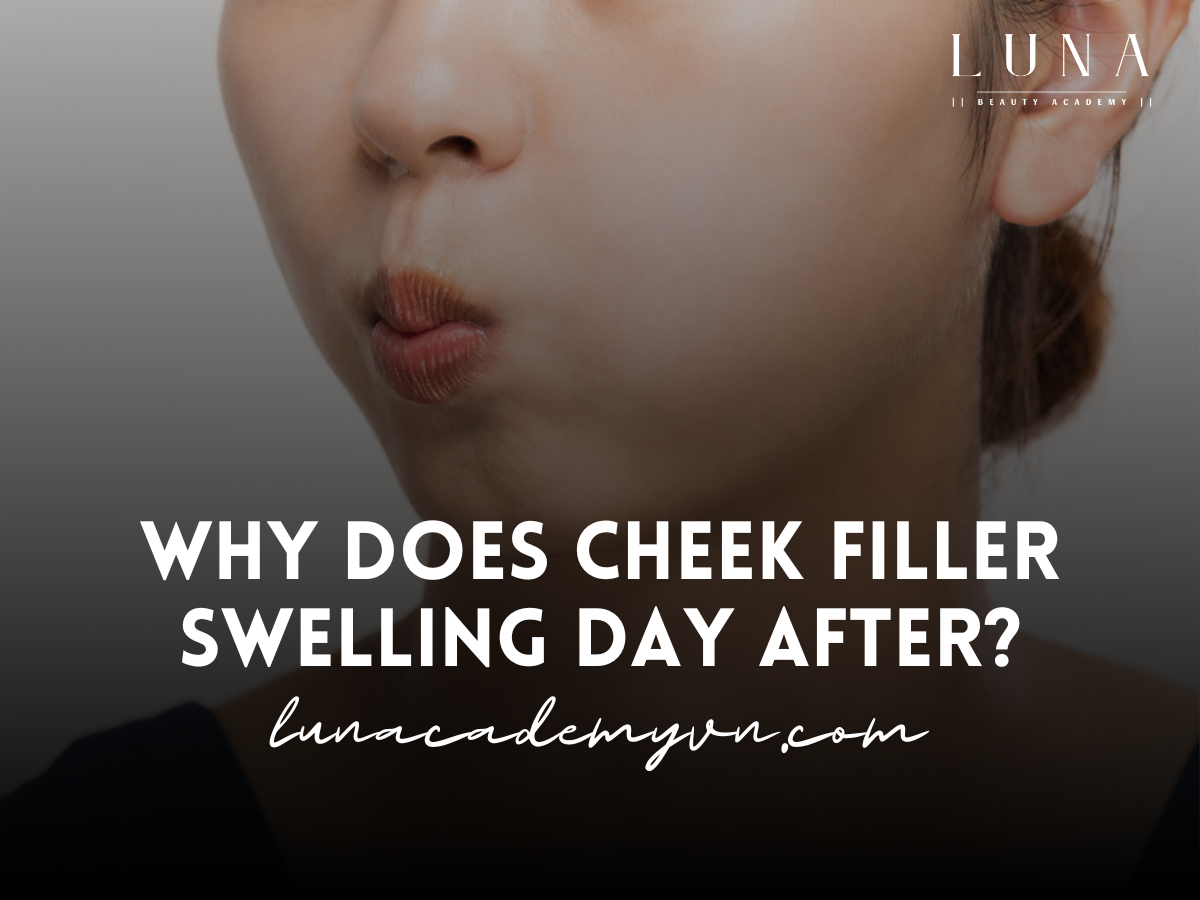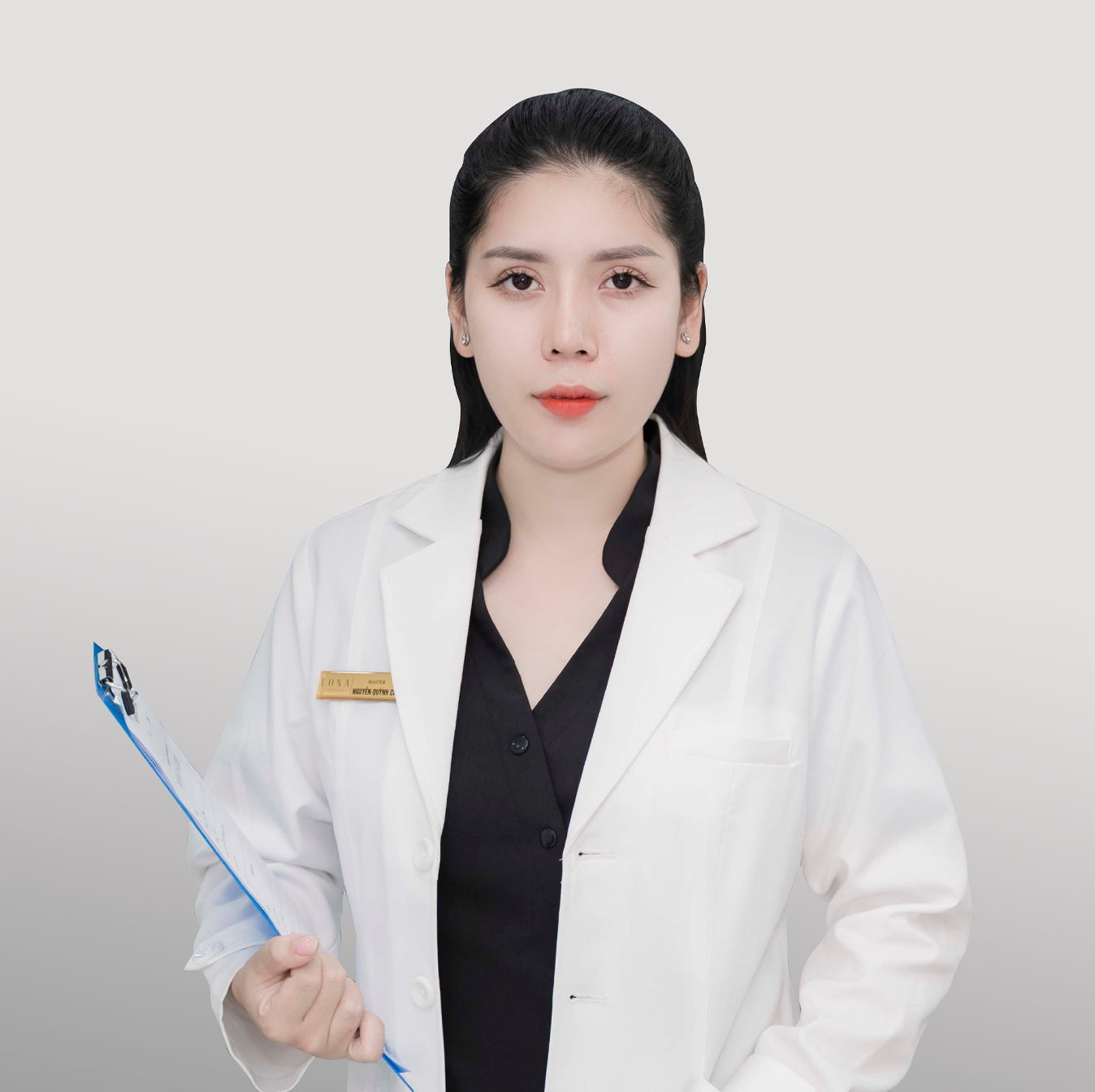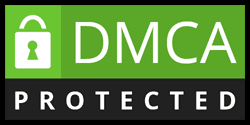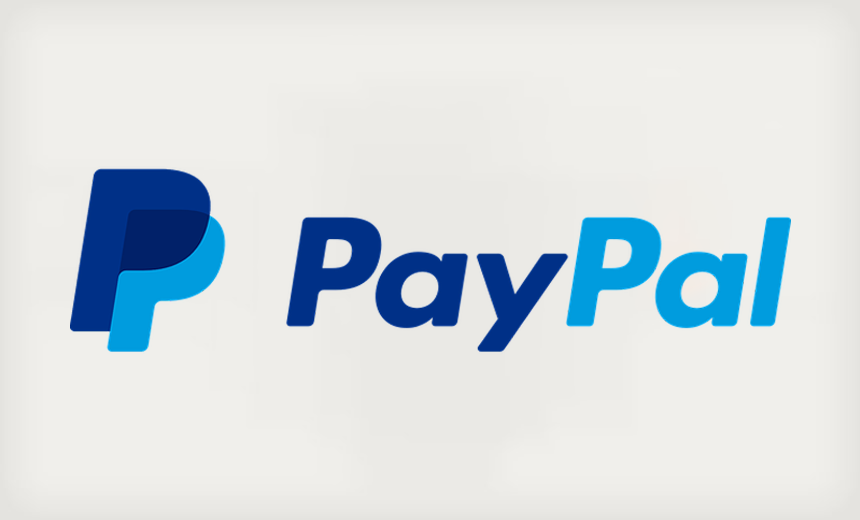Table of Contents
ToggleUnderstanding Cheek Fillers
Before delving into the swelling aspect, it’s essential to grasp what cheek fillers are and how they work. Cheek fillers are injectable substances that restore lost volume, improve facial symmetry, and provide a more youthful look. The most commonly used filler is hyaluronic acid (HA), a naturally occurring substance in the body that retains moisture and adds plumpness to the skin.
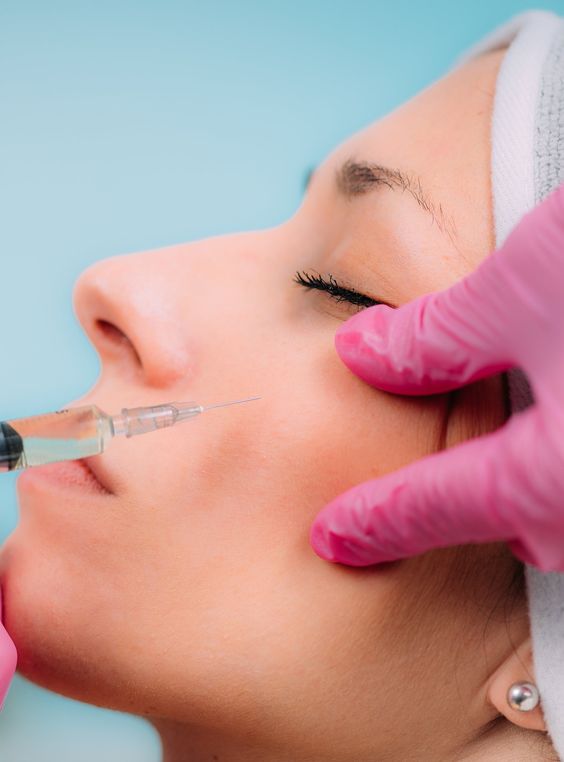
Benefits of Cheek Fillers
Cheek fillers offer numerous benefits, including:
- Immediate Results: One of the most appealing aspects of cheek fillers is the instant improvement in facial volume and contour.
- Minimally Invasive: Unlike surgical options, cheek fillers require no downtime, allowing patients to resume daily activities shortly after the procedure.
- Reversible Effects: If you’re not satisfied with the results, hyaluronic acid fillers can be dissolved using an enzyme called hyaluronidase.
- Customizable Treatment: Practitioners can tailor the treatment to meet individual needs and desired outcomes.
Cheek Filler Swelling Day After: What Causes It?
The cheek filler swelling day after treatment can be attributed to several factors:
1. Injection Trauma
During the injection process, needles or cannulas can cause minor trauma to the skin and underlying tissues. This can lead to localized swelling as the body responds to the perceived injury.
2. Inflammatory Response
When the filler is introduced into the skin, your immune system recognizes it as a foreign substance, triggering an inflammatory response. This results in swelling, which is your body’s natural way of healing and integrating the filler.
3. Type of Filler Used
Different types of fillers have varying properties. Hyaluronic acid-based fillers tend to attract water, which can exacerbate swelling. On the cheek filler swelling day after, this can be especially noticeable as the filler expands slightly, contributing to the fullness of the cheeks.
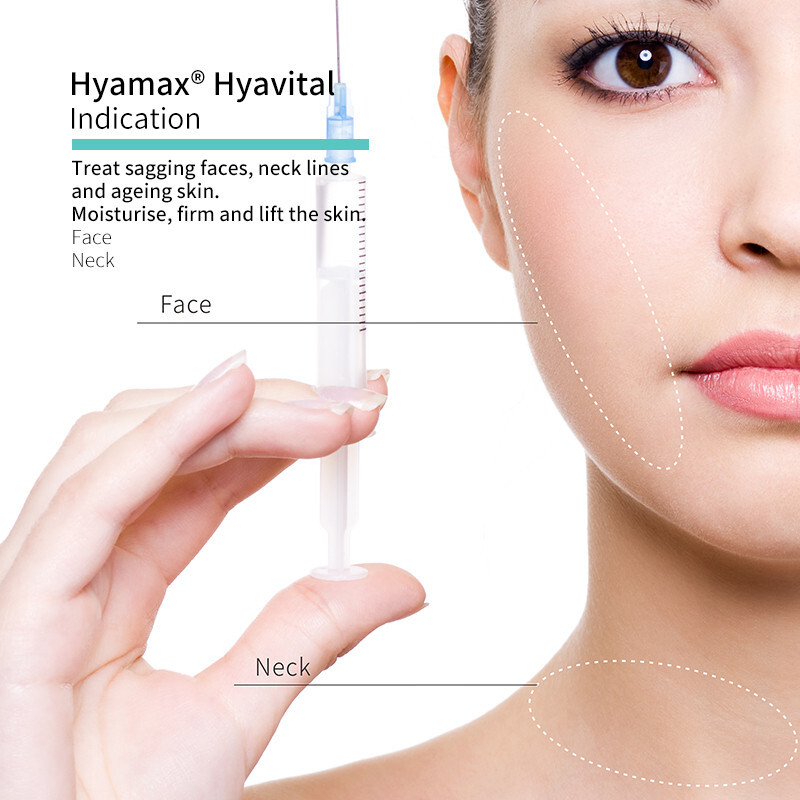
4. Individual Factors
Every individual reacts differently to treatments. Factors such as skin sensitivity, the amount of filler injected, and overall health can influence the extent of swelling. Those with sensitive skin or those who have undergone more extensive treatments may experience more pronounced swelling.
How Much Swelling Is Considered Normal?
Understanding what constitutes normal swelling is crucial for patients. On the cheek filler swelling day after, it’s common to see:
- Puffiness: Cheeks may appear significantly fuller than expected.
- Tenderness: Mild tenderness around the injection sites is typical and should subside within a few days.
- Bruising: Some patients may experience bruising, which can contribute to the appearance of swelling.
Swelling Timeline
- First 24 Hours: Swelling tends to peak within the first day. On the cheek filler swelling day after, you may notice your cheeks look the fullest.
- Days 2-3: Swelling generally begins to decrease. The majority of swelling should resolve within this time frame.
- Week 1: Most swelling should be gone, and the results become more apparent as the filler settles into place.
- 2 Weeks Post-Treatment: Final results are typically visible, and any residual swelling should have resolved.
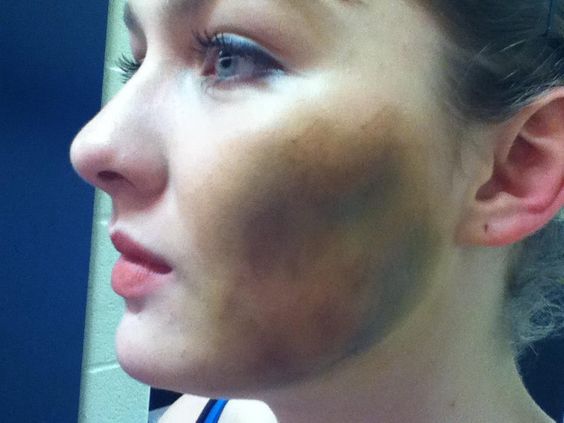
How to Manage Cheek Filler Swelling Day After Treatment
If you experience cheek filler swelling day after your treatment, there are several steps you can take to minimize discomfort and improve your recovery:
1. Cold Compresses
Applying a cold compress to the treated area can help reduce swelling and provide relief. The cold constricts blood vessels, decreasing inflammation. Use a clean cloth or ice pack wrapped in a towel and apply it to your cheeks for 10-15 minutes at a time.
2. Stay Hydrated
Drinking plenty of water helps flush out excess fluids from your body and can aid in reducing swelling. Aim to consume at least eight glasses of water daily, especially in the days following your treatment.
3. Avoid Heat
Stay away from heat sources, such as saunas, steam rooms, and hot showers, for at least 48 hours after treatment. Heat can worsen swelling by dilating blood vessels and increasing blood flow to the area.
4. Elevate Your Head
When sleeping, use an extra pillow to keep your head elevated. This can help prevent fluid from accumulating in the cheeks, reducing the cheek filler swelling day after.
5. Use Over-the-Counter Medications
If you’re feeling discomfort, over-the-counter anti-inflammatory medications like ibuprofen can help. However, always consult your practitioner before taking any medication to ensure it’s appropriate for your situation.
6. Gentle Massage
If you notice uneven swelling, gentle massage around the area can help distribute the filler more evenly and encourage lymphatic drainage. Always consult your practitioner before attempting this to ensure it’s safe for you.
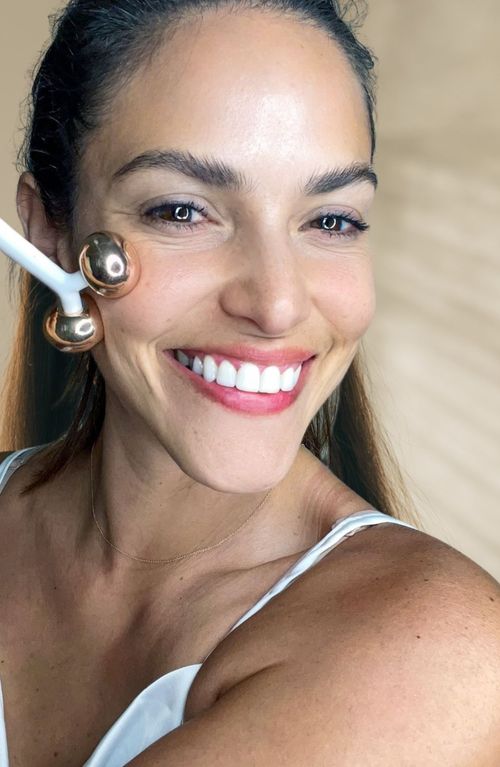
7. Follow Aftercare Instructions
Your practitioner will provide specific aftercare instructions tailored to your treatment. Follow these guidelines closely to ensure a smooth recovery and optimal results.
When to Seek Medical Advice
While mild swelling is expected, it’s essential to recognize when to seek medical advice. Contact your practitioner if you experience:
- Severe or Prolonged Swelling: If swelling lasts more than a week or worsens over time.
- Signs of Infection: Such as excessive redness, warmth, fever, or pus.
- Severe Pain: If the treated area becomes increasingly painful or tender to the touch.
Conclusion: Embracing Your Cheek Filler Journey
Experiencing cheek filler swelling day after your treatment is common and usually temporary. By understanding the causes of swelling, following proper aftercare, and knowing when to seek help, you can navigate this process more comfortably.
As your swelling subsides, you’ll begin to appreciate the enhancements to your facial features, achieving a youthful and revitalized appearance. Remember, the goal of cheek fillers is to boost your confidence and enhance your natural beauty, so give your body the time it needs to heal and adjust to the changes.
If you have any concerns during your recovery, don’t hesitate to reach out to your practitioner for guidance. With the right care and attention, you’ll soon be enjoying the benefits of your cheek fillers without the worry of swelling.
Contact us via other platforms if you have any questions or requests that need to be answered quickly.
Tiktok: www.tiktok.com/@lunabeautyacademy6
Hotline: 034 254 0228
Email: lunabeautyacademy@gmail.com
Address: No. 29, Alley 140/1/2, Lane 140 Nguyen Xien, Thanh Xuan, Hanoi
Luna wishes you success and hopes you will have the best experiences at the academy. If you need advice or answers about anything, please leave your Contact Information With Us, the Luna team will contact you soon. Thank you for reading this article.

